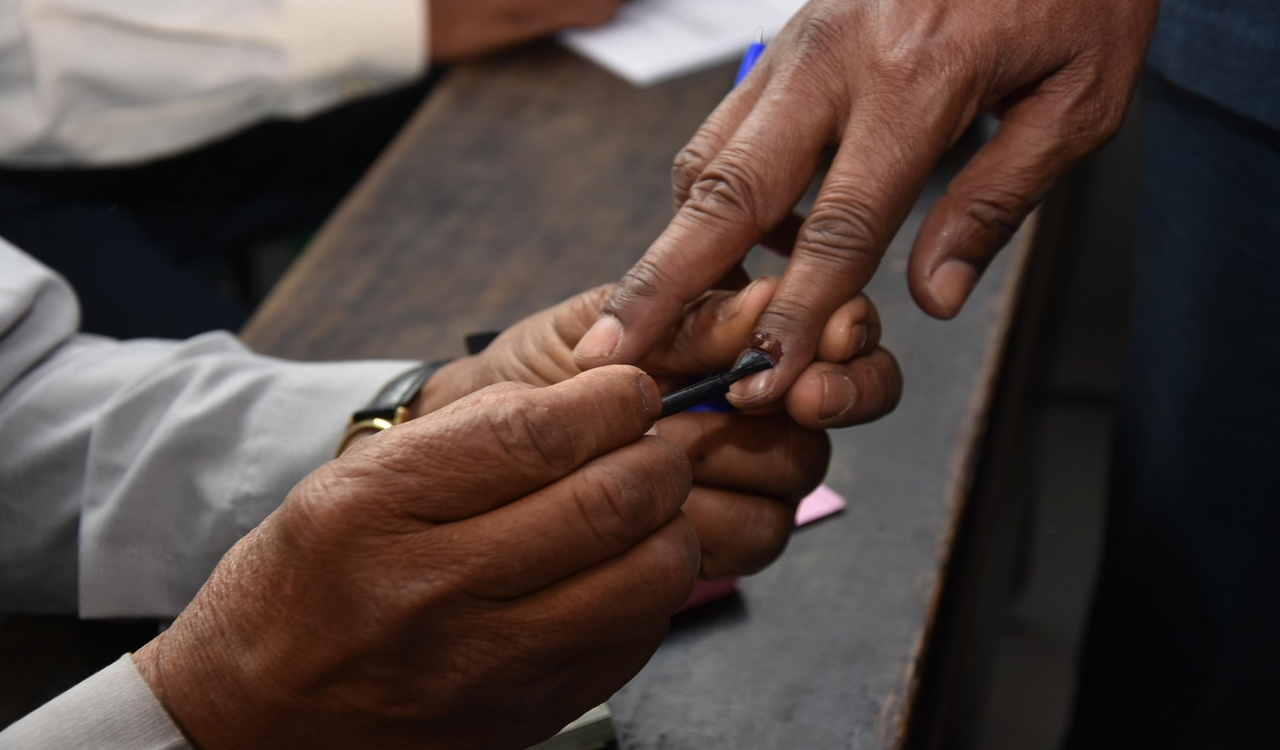Govt should refrain from bulldozing the idea of simultaneous polls on a nation that is unprepared for such an exercise
Published Date – 15 March 2024, 11:59 PM

It comes as no surprise that the eight-member high-level committee, headed by former President Ram Nath Kovind, has endorsed the ‘One Nation, One Election’ idea and recommended simultaneous polls for Lok Sabha elections. This report submitted by the committee to President Droupadi Murmu was largely on expected lines and in tune with the thinking of the present ruling dispensation at the Centre. The timing of the report is significant as it comes just a couple of days before the announcement of the election schedule. The Kovind panel has recommended a two-phase exercise: first, hold simultaneous elections for Lok Sabha and State assemblies; second, conduct elections to municipalities and panchayats within 100 days. It has also recommended a common electoral roll and electoral photo identity card for use in the elections to all three tiers of governance. The government should refrain from bulldozing the idea of simultaneous polls on a nation that is unprepared for such an exercise. Moreover, several legal, constitutional and political issues need to be addressed and a consensus needs to be built before proceeding further. According to the panel, 47 political parties submitted their views and suggestions, of which 32 supported simultaneous elections. ‘One nation, one election’ is a key item on the BJP’s agenda and was a part of its manifesto for the 2019 Lok Sabha polls. Though the saffron party had promised that it would try to build consensus on this issue among various stakeholders, no such efforts have been made.
While the idea of simultaneous polls, on the face of it, is appealing as it helps reduce expenditure, ensure efficient utilisation of government resources and security forces and effective policy planning, it must be pointed out that Parliamentary and Assembly elections have different dynamics and issues at stake. It is generally believed that clubbing the Assembly polls with the Lok Sabha election will put the BJP in an advantageous position. For instance, in the case of Delhi, the BJP swept all seats in the Lok Sabha elections in the national capital in 2014 and 2019 but it was AAP that recorded landslide victories in the 2015 and 2020 Assembly polls. Some opposition parties and observers see ‘One nation, One election’ as a ploy to blur the lines and prompt the electorate to vote for the ruling party at the Centre in both cases. Armed with the panel report, the Centre must go all out to develop unanimity on this contentious matter. The panel has recommended several amendments to the Constitution, including the introduction of Article 324A for enabling simultaneous elections in panchayats and municipalities within 100 days of the general elections and State assemblies, and an amendment to Article 325 for enabling single electoral roll and single elector’s photo identity card, which will be prepared by the Election Commission, in consultation with the States.




